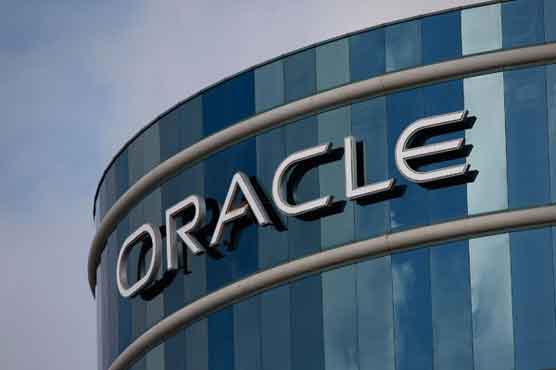Oracle unveils suite of 'cloud computing' services

This was as difficult a thing that we have ever done at Oracle, Ellison said.

This was as difficult a thing that we have ever done at Oracle, Ellison said.